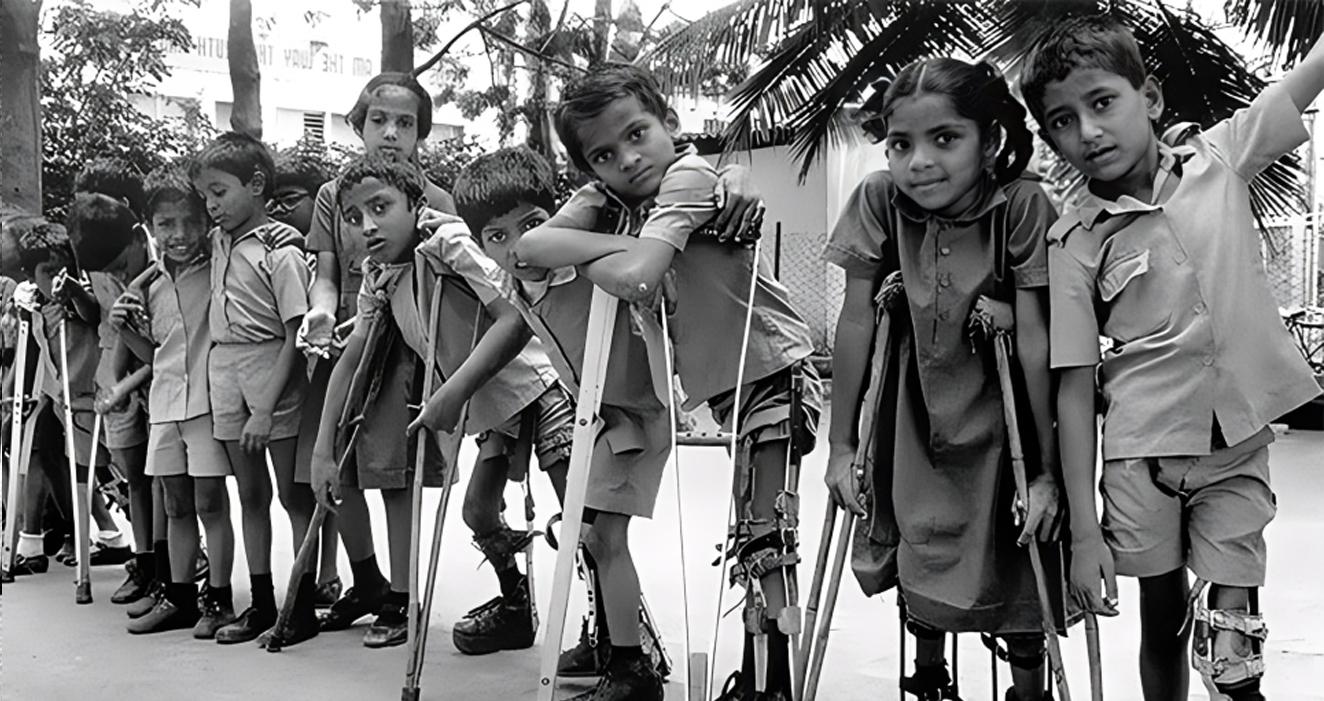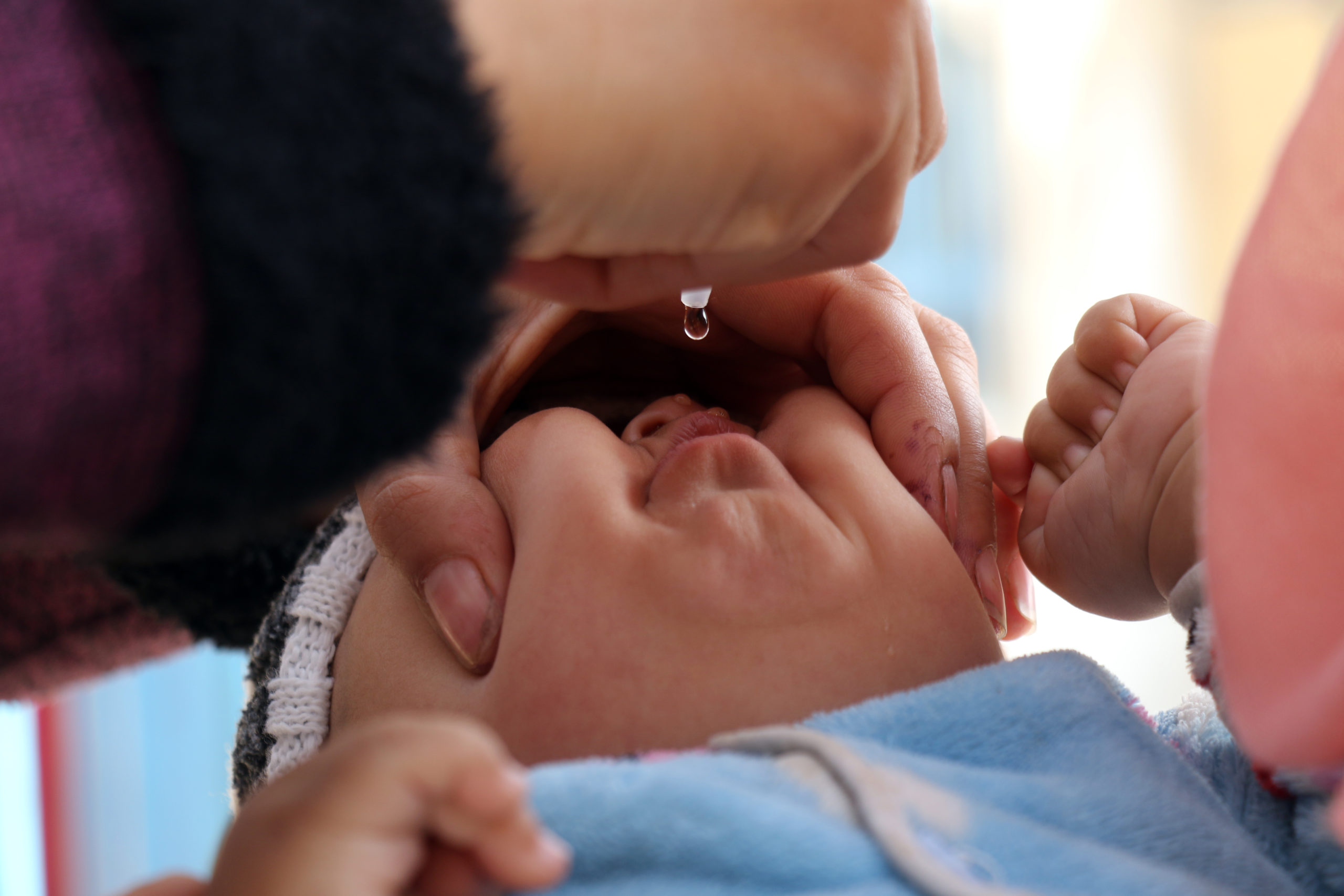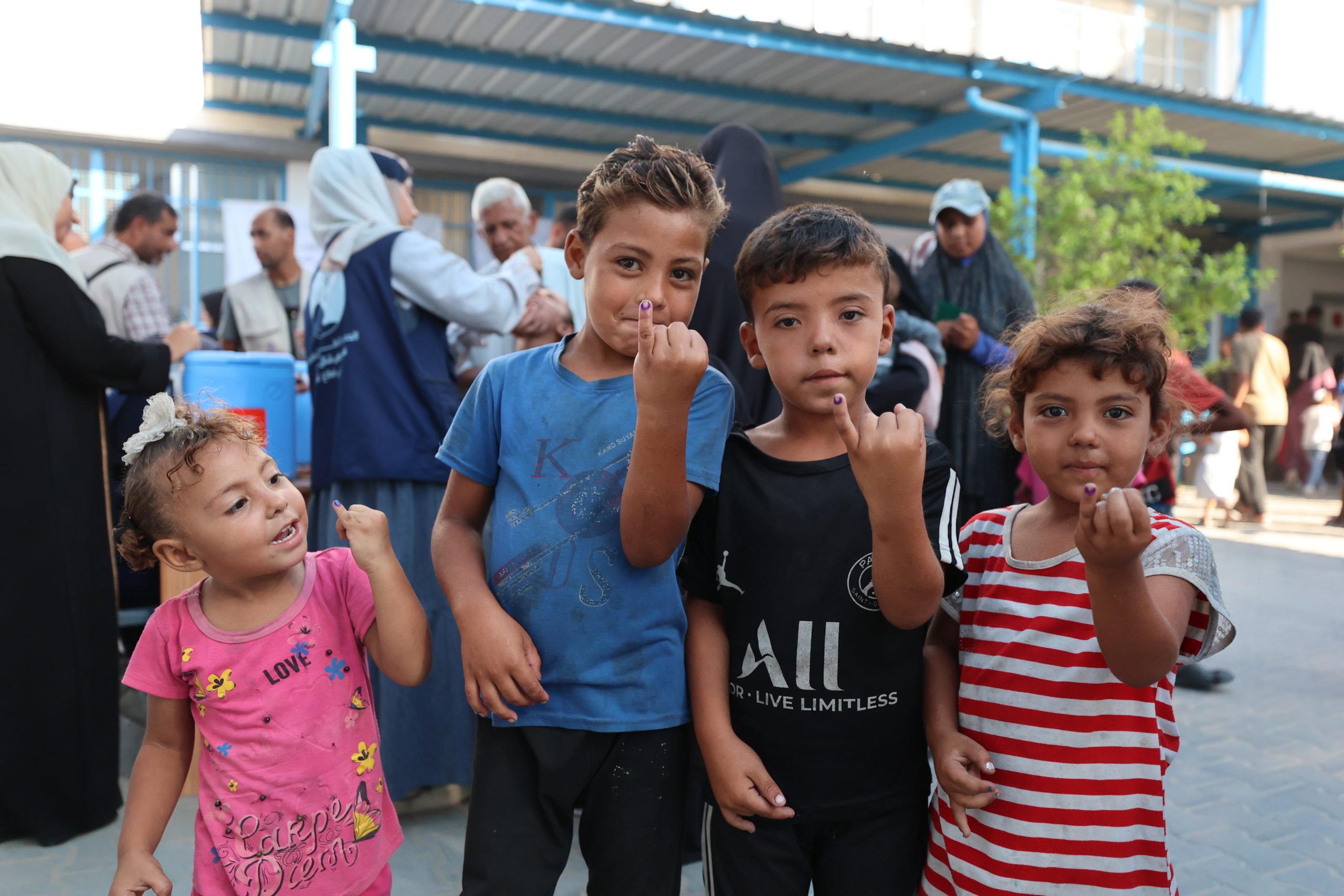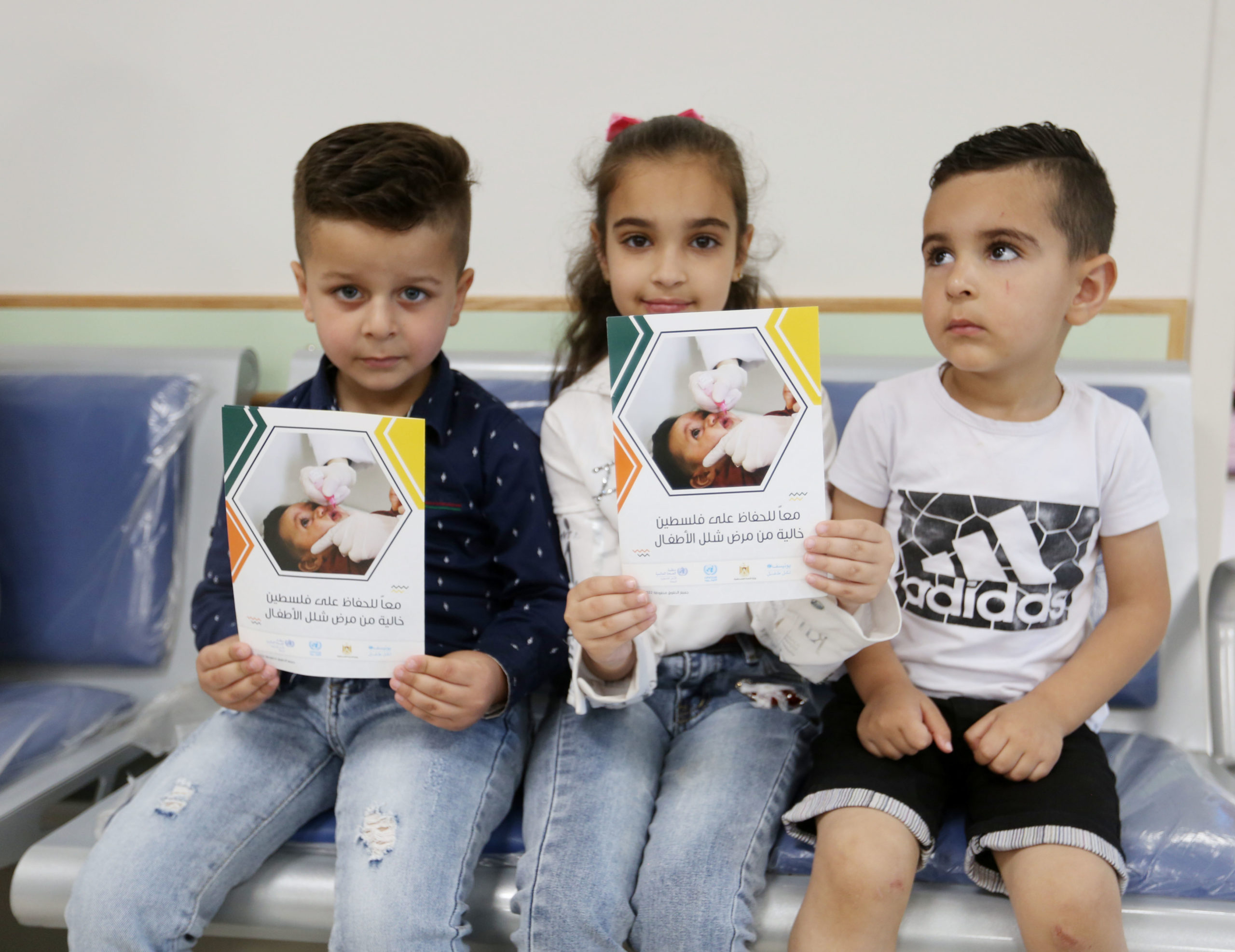The End of Polio campaign starts spreading the word on the international effort to eradicate polio.
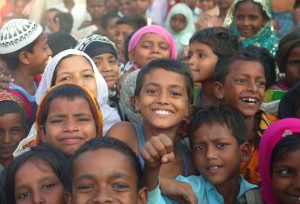
The campaign, brainchild of the Global Poverty Project, gives four reasons to eradicate polio:
• It’s a generation defining achievement.
• It’s part of a global movement for justice, and the end of extreme poverty.
• Polio anywhere is a threat everywhere.
• Eradication is cheaper than containment.
The ‘End of Polio’ campaign kicked off with Chris Maher, Acting Director of Polio Eradication and Monitoring Research at the World Health Organization, Kenneth Collins, Past Rotary International Director and Michael Sheldrick, Polio Campaign Manager with the Global Poverty Project meeting with senior Australian Government officials to ask for a contribution of AUD 50 million to go towards international eradication efforts.
An online petition is circulating, calling on world leaders to fully support the Global Polio Eradication Initiative and to close the $US 590 million funding gap. The campaign is also asking the general public to help Rotary International raise US$ 200 million by the end of June 2012 – meeting the challenge levelled by the Bill & Melinda Gates Foundation.
The Global Poverty Project is an Australian-grown international education and advocacy non-governmental organization working to catalyse the movement to end extreme poverty.
The organization’s ‘The End of Polio’ campaign has been timed to coincide with the lead up to the Commonwealth Heads of Government Meeting 2011 set to take place on 28-30 October in Perth, Australia. Three out of the four countries in which polio is still endemic are members of the Commonwealth (India, Nigeria and Pakistan).
